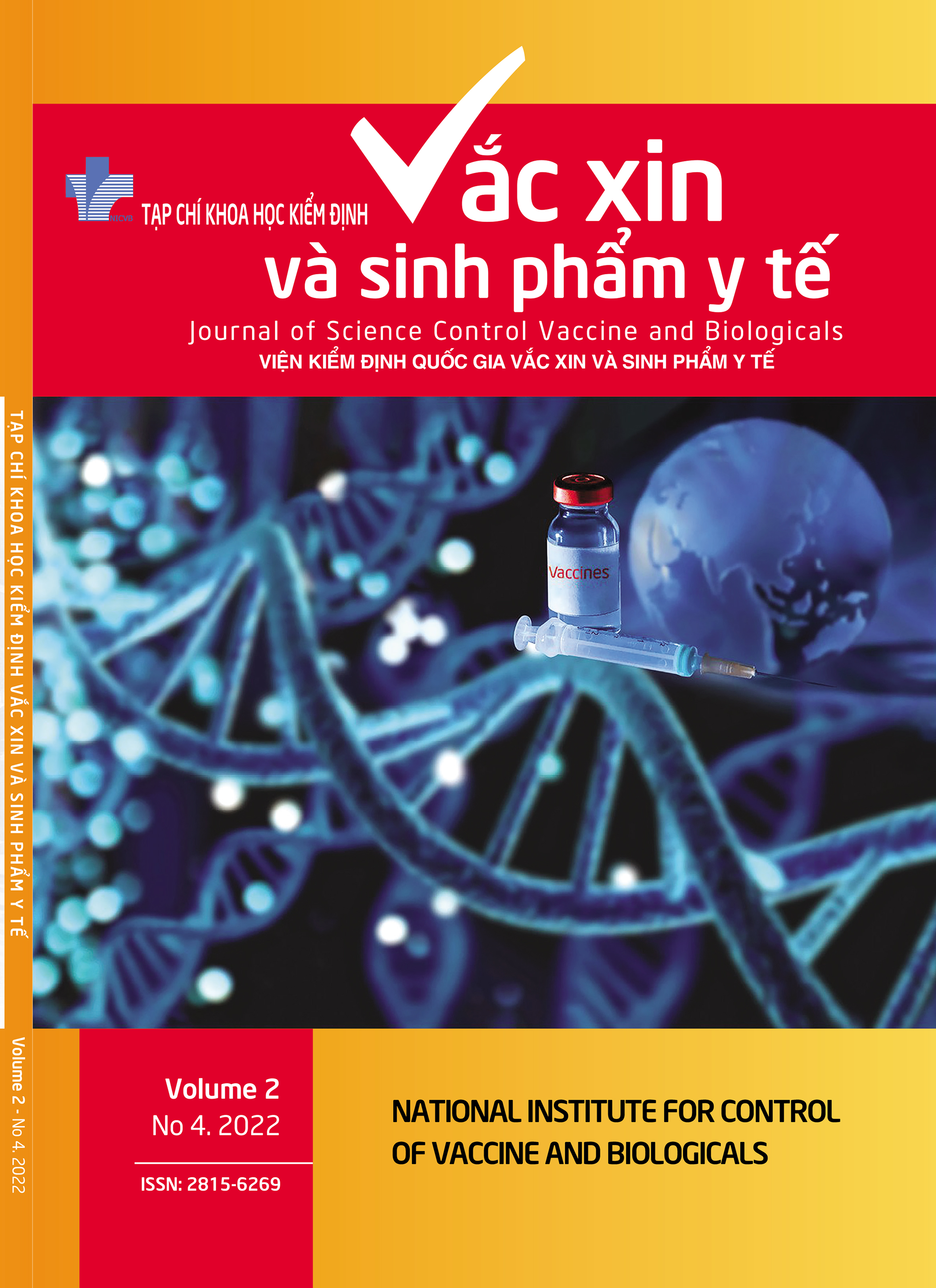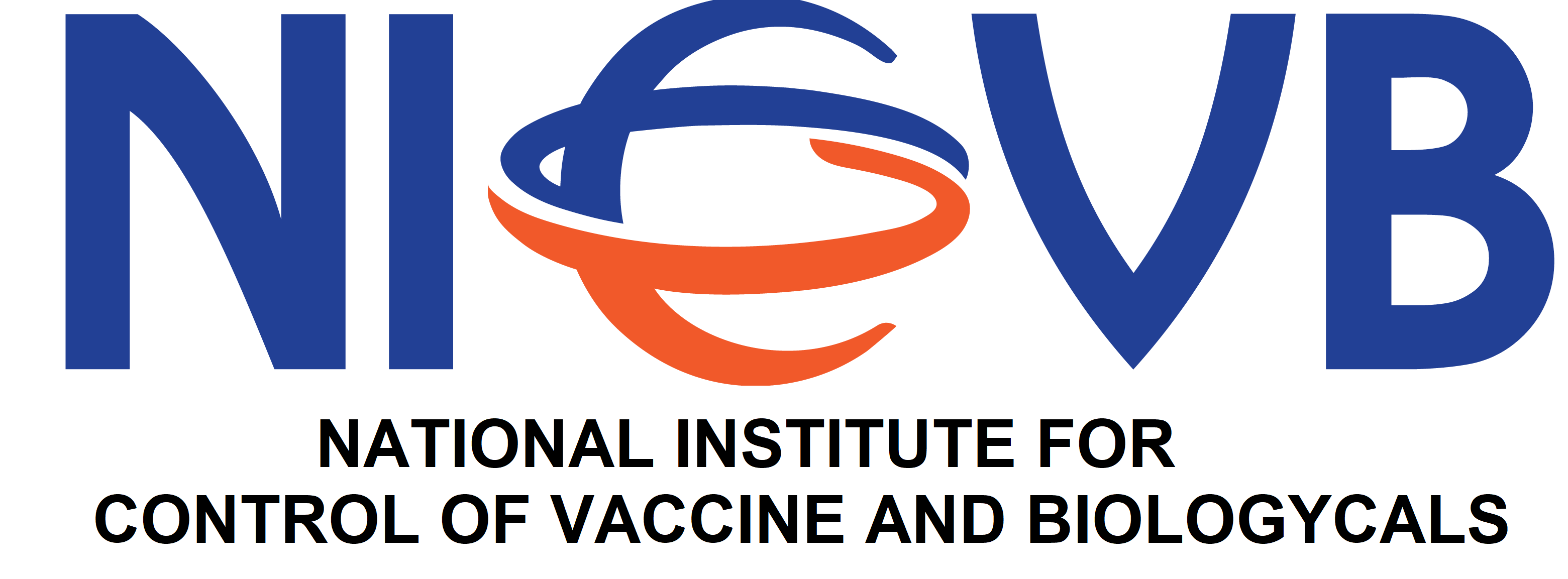THE RELATIONSHIP BETWEEN HYPERCOAGULABILITY IN PATIENTS WITH HEREDITARY ACUTE PANCREATITIS DUE TO MUTATIONS IN THE PRSSI GENE ON THE BACKGROUND OF CUSHING'S SYNDROME
DOI:
https://doi.org/10.56086/jcvb.v2i4.65Keywords:
Hypercoagulable state, acute pancreatitis, PRSS1 gene-associated pancreatitis, Cushing's syndrome, von Willerbrand factor.Abstract
To report a rare clinical case of a pediatric patient with PRSS1 gene-associated hereditary pancreatitis on the background of Cushing's syndrome with severe hypercoagulability who was successfully treated with nutritional therapy for acute pancreatitis. ostreotide, antibiotic and anticoagulant Lovenox. Exploring the causal relationship of hypercoagulability between pancreatitis and Cushing's syndrome.
The study analysed a patient female 5-year-old with a history of drug-induced Cushing's syndrome from 2 years of age. At this time, the child developed an acute illness with symptoms of persistent abdominal pain and vomiting. Combined with elevated pancreatic enzymes, abdominal CT scan showed acute pancreatitis (CTSI = 6 points). The child was treated at the Department of Gastroenterology, National Children's Hospital with a diagnosis of severe acute pancreatitis/Cushing's syndrome. During the treatment, the child appeared hypercoagulable on the test, the D-Dimer index increased from the 3rd day of the disease; Fibrinogen increased above 5 g/l on day 7 of illness and clinical. However, the hypercoagulable state persisted, with continued thrombus formation in the right brachial vein on day 15 of illness while the pancreatitis improved. Coagulation tests showed elevated von Willerbrand factor (233.8%). Hypercoagulability with increased vWF may be associated with Cushing's syndrome in comorbidities. Because of wanting to find out the relationship of blood clotting status of patients with acute pancreatitis on the background of Cushing's syndrome, the patient underwent genetic analysis and found a PRSS1 gene mutation, associated with hereditary pancreatitis. The child was treated with fasting, parenteral nutrition, antibiotics, and Lovenox anticoagulant. The patient was stable and discharged after 33 days of treatment.
The results of study showed that the Hypercoagulability may occur in the early phase of severe acute pancreatitis. However, Cushing's syndrome can also cause hypercoagulability with increased vWF factor. Treatment of severe acute pancreatitis along with Lovenox anticoagulant treatment helped the patient improve.







